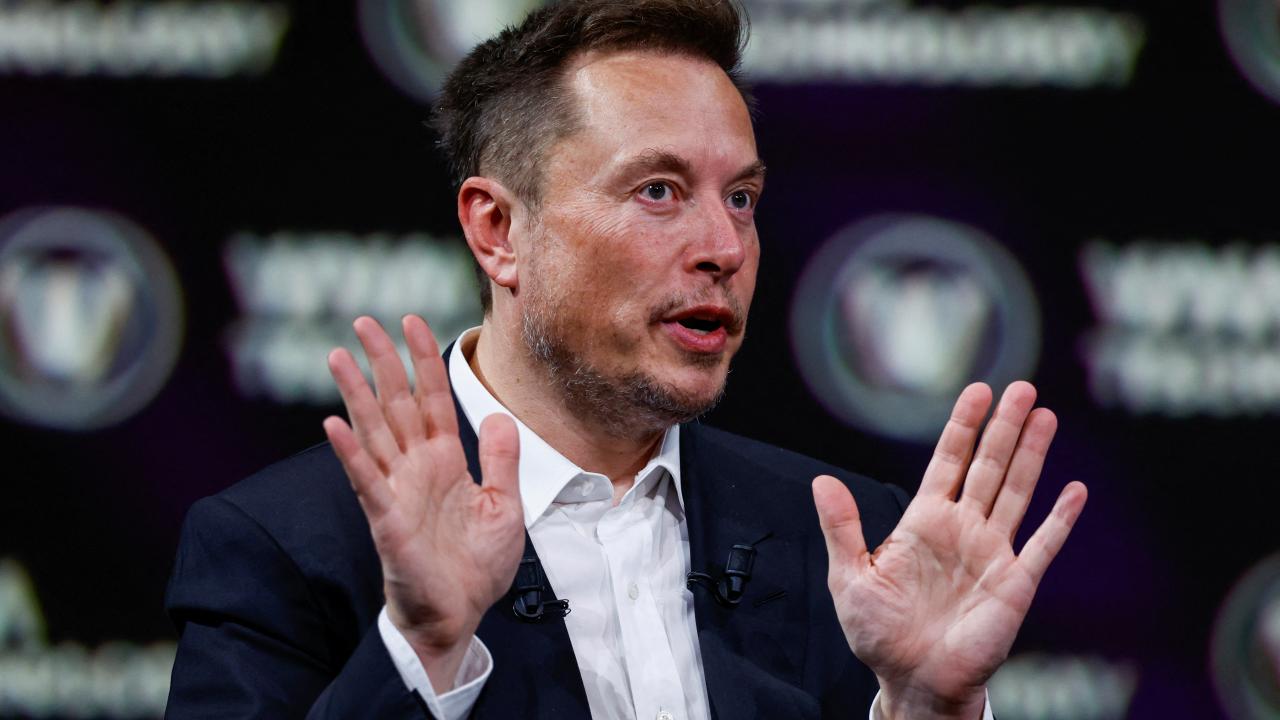
And they approved compensation through stock options valued at US$56 billion for Elon Musk.
Tesla shareholders have voted in favor of the proposal to give the manufacturer's founder, Elon Musk, remuneration through stock options valued at US$ 56,000 million, however, they refused to accept a moratorium on the supply of metals for electric vehicle batteries from deep-sea ecosystems.
Activist investors had pressured the automaker to join other industry leaders in considering the impacts of deep-sea mining at its annual shareholder meeting.
'As You Sow', a non-profit organization that promotes corporate social responsibility, submitted a proposal in December asking shareholders to impose a moratorium on the sourcing of deep seabed minerals.
"We see Tesla, the face of the transition to electric vehicles, as a laggard," said the nonprofit organization's biodiversity program coordinator, Elizabeth Levy, in statements reported by Bloomberg .
Last Thursday, 78% of Tesla shareholders voted against the proposal and 6% voted in favor, including abstentions and no votes from brokers.
Earlier this month, General Motors investors rejected a similar proposal, also put forward by 'As You Sow,' that would have required the company to publicly disclose any use of deep-sea minerals in its supply chain.
The proposal, however, received the support of 12% of investors, enough for 'As You Sow' to present it again next year.
POLYMETALLIC NODULES
While commercial deep-sea mining has not begun, the industry aims to extract potato-sized rocks called polymetallic nodules found on the seafloor 4,000 meters below the surface. They contain metals used in electric vehicle batteries, such as cobalt and nickel.
The fight over deep-sea mining is intensifying as a growing number of nations, scientists and environmentalists call for a moratorium or ban on mining in fragile, biodiverse deep-sea ecosystems, which are home to organisms found nowhere else. place on the planet.
An organization affiliated with the United Nations (UN) is in the middle of a protracted fight over drafting regulations for seabed mining.
The nascent deep-sea mining industry argues that seafloor minerals will accelerate decarbonization, providing the materials needed to build new batteries and other technologies that are key to the energy transition.
Some countries like Norway also agree and earlier this year, the Scandinavian country attempted to exploit the Arctic seabed.
In January, Tesla appealed to the U.S. Securities and Exchange Commission (SEC) to omit the deep-sea mining proposal from this year's shareholder meeting, saying it was aimed at micromanaging the company.
Tesla senior director and general counsel Derek Windham wrote at the time that "the proposal does not focus on an important social policy issue that transcends the company's ordinary business." The SEC rejected Tesla's request on March 27.
This vote highlights a broader question facing the auto industry: whether deep-sea materials are necessary to compete in the global electric vehicle race.
Several non-US automakers (including Volvo Car, Volkswagen and BMW) have already signed a moratorium on deep-sea mining in cooperation with the World Wildlife Fund.
"The United States is a supporter in this regard," said 'As You Sow' president Danielle Fugere. "Other countries are more advanced and this is reflected in the way automotive companies operate," he added.
LITHIUM IRON PHOSPHATE BATTERIES
Tesla is increasingly using lithium iron phosphate (LFP) batteries, which are also popular in China and do not rely on nickel or cobalt.
The company has continued to expand its LFP supply chain in the US and says that by early 2022, almost half of the vehicles it produced had LFP batteries.
The chief executive of Metals Company, a major seabed mining company, has said battery chemistry is subject to further changes.
"I think the LFPs are filling a certain segment of the market," he said in statements collected by the US agency.
"Over the next decade, sodium-based chemicals will become more popular and replace some of LFP's market share. And that will require the metals in our nodules," he added.
The Tesla and GM shareholder votes come as the electric vehicle landscape faces a major shift.
By the end of 2025, the global battery industry will be able to make five times more cells than demand requires, according to data company BloombergNEF .
The nickel content of electric vehicle batteries is also expected to fall by 25% next year, according to the outlet's estimates.
Those changes could make mining nickel and other minerals on the seafloor environmentally dubious and economically inadvisable.










